The appearance of incorrect information about the nature of credit loans for PPP road and highway projects is causing difficulties for many transport investors.
Transport investors worry about incorrect information about financial situation
The appearance of incorrect information about the nature of credit loans for PPP road and highway projects is causing difficulties for many transport investors.
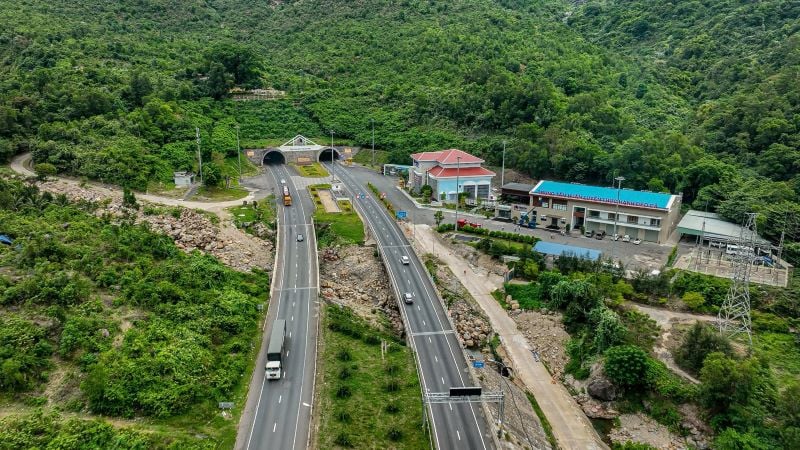 |
| Hai Van road tunnel is being operated and exploited by HHV. |
According to statistics from the Ministry of Transport, in the period of 2016 - 2020, the capital demand for investment in transport infrastructure development is about 1,010,000 billion VND, but the state budget only meets about 28%.
In that context, resources from the private sector have shared the burden with the state budget, contributing to the formation of large, modern transport infrastructure projects.
Specifically, the transport infrastructure projects implemented under the PPP method have been successfully implemented such as: Phap Van - Cau Gie Expressway (8,475 billion VND); Van Don - Mong Cai Expressway (9,100 billion VND); Bac Giang - Lang Son Expressway (12,188 billion VND); Ha Long - Van Don Expressway (13,000 billion VND); Deo Ca - Co Ma - Cu Mong - Hai Van 2 road tunnel chain (21,612 billion VND) ... have contributed to changing the appearance, promoting the socio-economic development of localities in particular and the whole country in general.
However, most of the above BOT projects were implemented before the PPP Law took effect (January 1, 2021), without the participation of state capital, so, in addition to the investor's equity capital as prescribed, which usually accounts for 10 - 15% of the total investment, the rest must be mobilized from credit loans.
Mr. Nguyen Quang Huy, General Director of Deo Ca Transport Infrastructure Investment Joint Stock Company (HHV), said that before receiving bank capital, the BOT transport projects invested by this unit must go through an appraisal process regarding legality, investor capacity, feasibility and project efficiency. While the equity capital participating in the projects only accounts for 10 - 15% of the total investment, in reality, the equity capital/total assets of HHV is up to 24%.
In the recent past, all projects invested by HHV have been put into operation, generating stable revenue and growing steadily every year; the source of money and cash flow is stable, and the debt repayment schedule has also been arranged in accordance with the project's capital recovery fee collection period.
Therefore, loans and interest are paid in full and on time without affecting cash flow, production and business activities as well as shareholders' interests. This information is clearly stated in the financial plans of the projects, credit contracts and prospectuses publicly announced to shareholders and potential investors.
“Long-term debt is a very common problem for businesses investing in transport infrastructure. Loans can last from 10 to 25 years, or longer depending on the project's payback period,” said a representative of HHV.
However, in recent times, not only HHV, but many transport investors have also faced inaccurate information about the nature of loans from capital mobilization for PPP projects, which has damaged the image, reputation and operations of the business.
HHV is currently an investor in large-scale and total investment transport infrastructure projects in Vietnam. At the same time, it is a public company listed on the Ho Chi Minh City Stock Exchange with the stock code HHV. As of September 30, 2024, HHV recorded a long-term loan balance of approximately VND 18,900 billion.
This is a loan to invest in projects such as the Deo Ca tunnel chain, Cu Mong, Hai Van 2, Bac Giang - Lang Son... The collateral for the loans is the right to collect tolls at the projects and currently these projects are all operating, collecting tolls with stable cash flow, growing steadily every year at 10-15% per year.
HHV representative said that HHV's production and business results in the period of 2019 - 2023 are very positive with revenue increasing 4 times, after-tax profit increasing 10 times compared to 2019.
Accumulated in the first 9 months of 2024, HHV recorded consolidated revenue of VND 2,298 billion, profit after tax reached VND 367 billion, up 25.9% and 18.8% over the same period last year, respectively.
Source: https://baodautu.vn/nha-dau-tu-giao-thong-lo-ngai-thong-tin-chua-dung-ve-tinh-hinh-tai-chinh-d229564.html


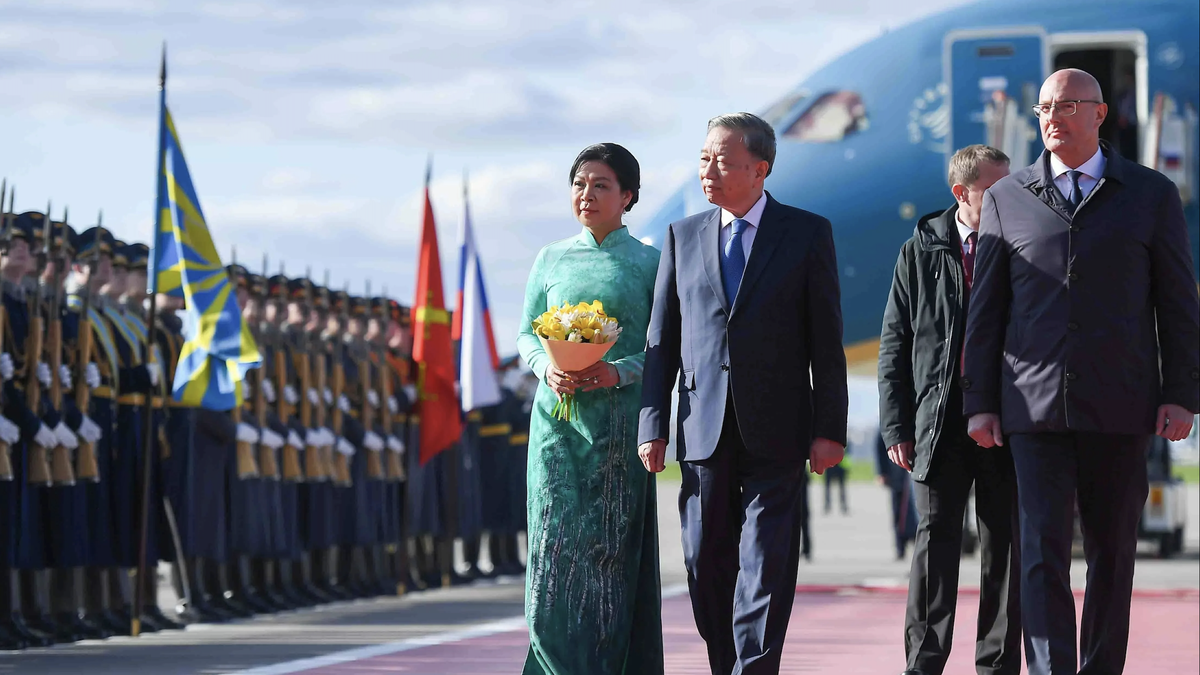







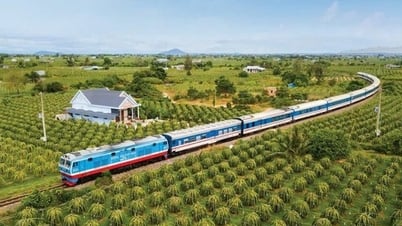
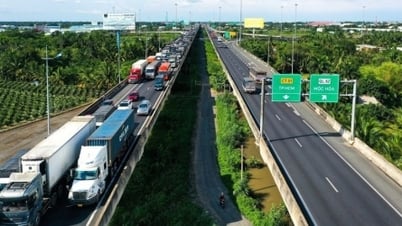

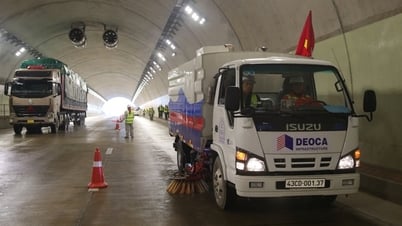
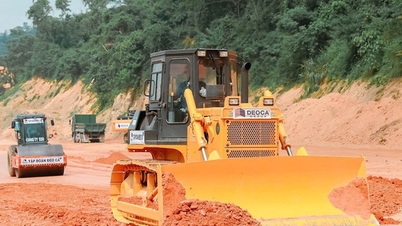
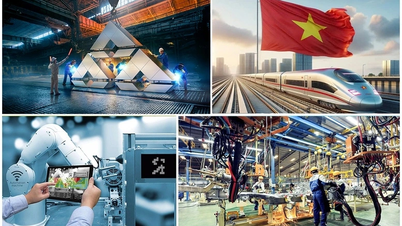



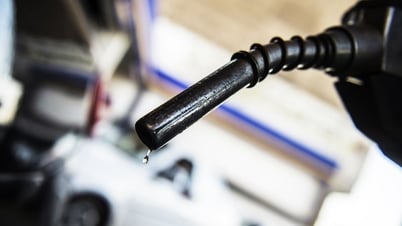









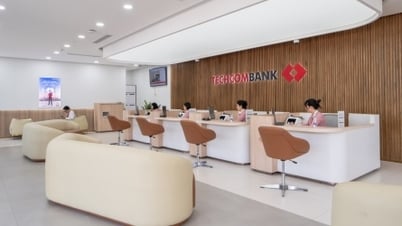
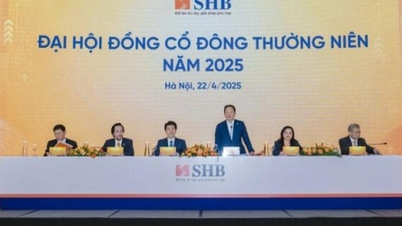
![[Photo] Prime Minister Pham Minh Chinh meets with the Policy Advisory Council on Private Economic Development](https://vphoto.vietnam.vn/thumb/1200x675/vietnam/resource/IMAGE/2025/5/8/387da60b85cc489ab2aed8442fc3b14a)

![[Photo] General Secretary To Lam begins official visit to Russia and attends the 80th Anniversary of Victory over Fascism](https://vphoto.vietnam.vn/thumb/1200x675/vietnam/resource/IMAGE/2025/5/8/5d2566d7f67d4a1e9b88bc677831ec9d)

















































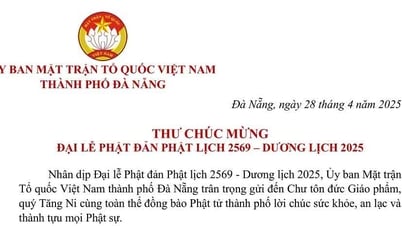

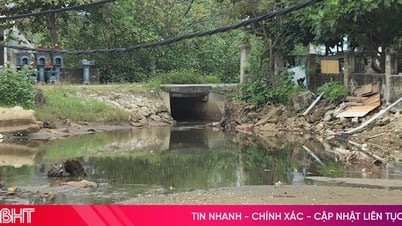

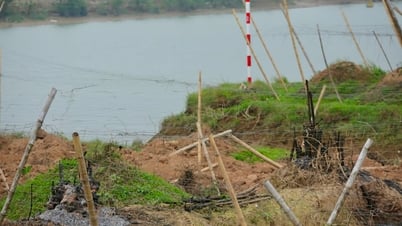

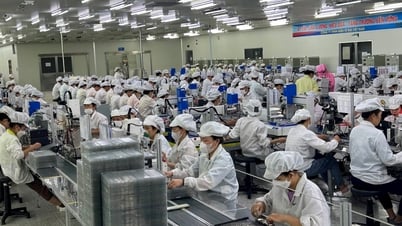













Comment (0)